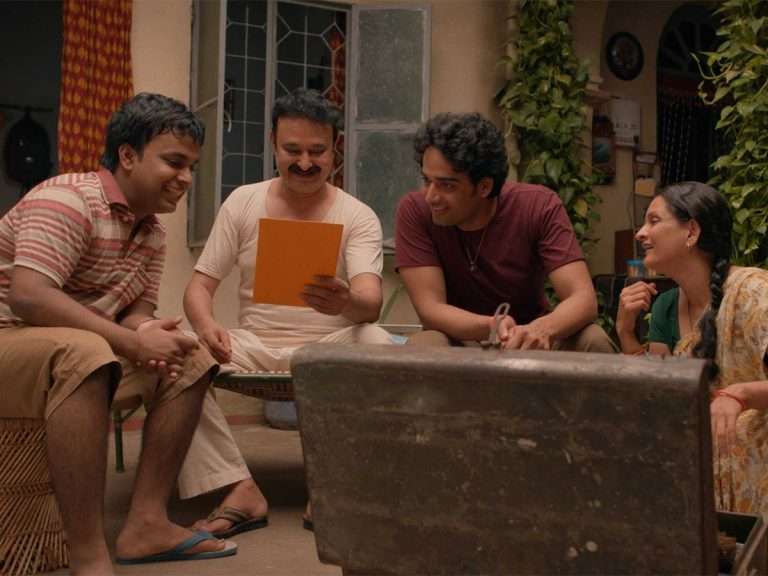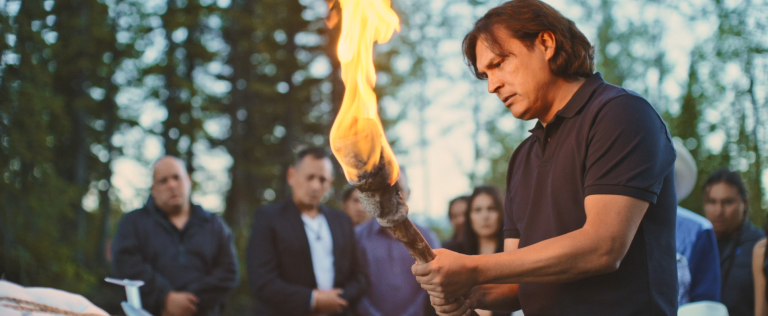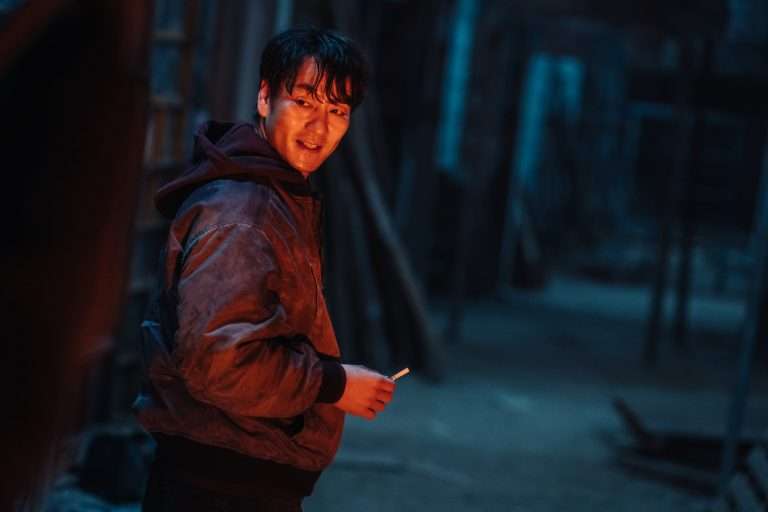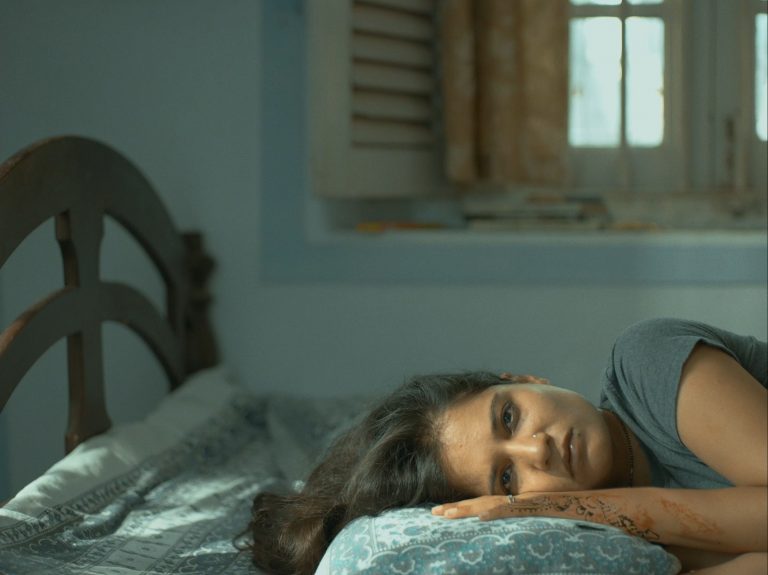With less than 25 minutes remaining, Ellen– or “Eli,” the 20-year-old severely anorexic protagonist of “To the Bone”– says to her fellow ED recovery program-goers: “Dr. Beck’s messed up, you know that? We all buy the hype, but nobody here is getting any better.” And ironically, that might be the most accurate thing the film has to say about its own subject matter. Marti Noxon’s “To the Bone” (2017) aspires too hard to be an authentic, yet artful exploration of eating disorders. Still, it ultimately falls short of leaving the audience with anything truly substantial– let alone satisfying.
As Ellen miserably battles through the troughs of finishing the food on her plate, her stepfamily decides to sign her up for a program where she joins six other patients, all undergoing the same challenges as her. They are sequestered in a house, as Dr. Beck (or Keanu Reeves, dressed like a weathered, alternate-universe John Wick) supposedly monitors their progress closely… except, he doesn’t.
One might expect Dr. Beck to be deeply involved– observing patterns, unpacking triggers, offering insight– but instead, he is curiously absent, leaving the house in the care of a rather disengaged, lazy caretaker. This woman somehow overlooks a packet of vomit hidden under one of the beds and fails to intervene when a twelve-week pregnant patient confesses an urge to purge. Rather than portraying these recovery centers as helpful and life-changing, the film ends up suggesting the opposite. Beyond a few mentions of physical ailments and Ellen’s ever-defeatist attitude, shoved in to make her seem less uninspiring than the others, there is little to no insight into the psychological depth of eating disorders– nothing that deepens our understanding of the illness or its treatment.
Not to mention Dr. Beck’s so-called assistant, Luke—a fellow ED patient who joins the program, carrying a brighter, more buoyant outlook than the rest. When Beck fails to stand up to his professional capabilities, the narrative throws in Luke, Ellen’s lover, who somehow manages to show her the ropes around the disorder and surpass years of medical research on the subject. He is supposedly her knight in shining armor, leading her to the mythical “other side”– where food is no longer a source of dread, and life is worth living. However, Ellen soon grows sick of his overly optimistic attitude and makes him realise that “romance” isn’t the fix for everything. This subplot feels shallow and unnecessary: a narrative shortcut that undermines the very complexity the film claims to explore.
Also Read: 10 Keanu Reeves Cameos You Probably Missed—but Will Absolutely Love
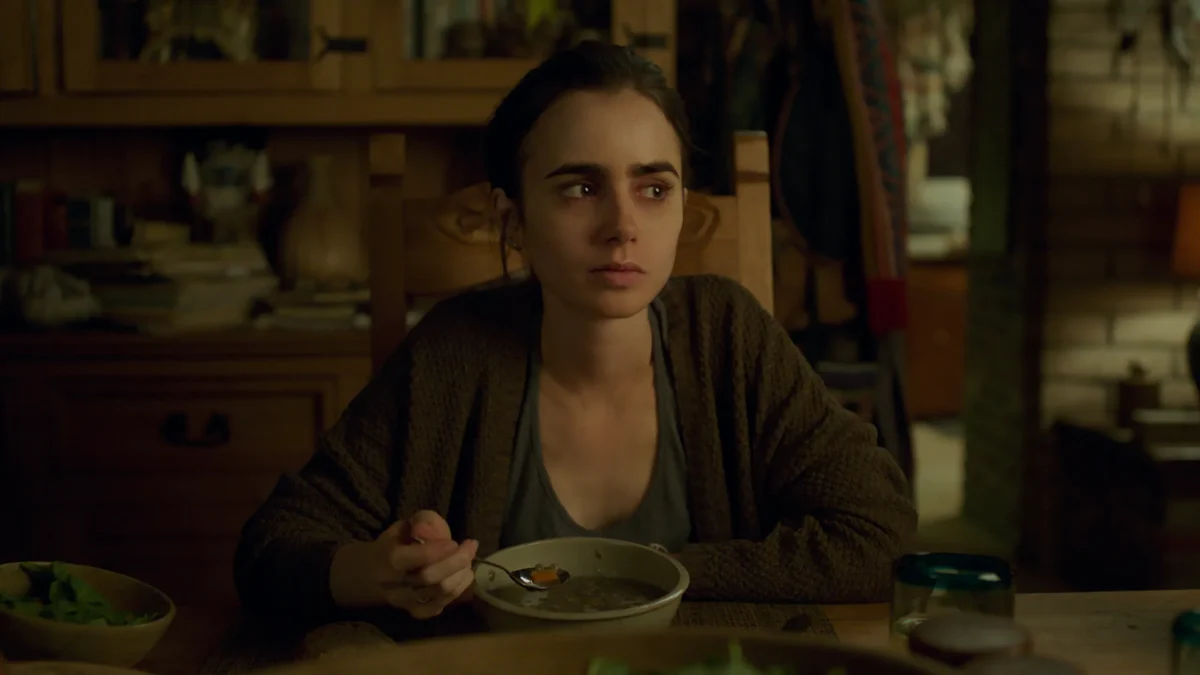
Nonetheless, “To the Bone” attempts to look into the root causes of Ellen’s anorexia– her absent father, her estranged and openly gay mother, and the dysfunctional family dynamics that shape her life. These moments of familial confrontation are among the more compelling scenes, offering glimpses into Ellen’s fractured psyche. However, the most significant trigger– her Tumblr drawings that allegedly inspire a young girl to take her own life– is given bafflingly little weight.
A fleeting mention, a handful of callbacks—yet little else. No imagery, barely any backstory, and almost no context around the incident render it a weak narrative strand. This arc might have illuminated why Ellen shoulders all the blame, even absorbing the victim’s grief as her own—yet it remains frustratingly thin. What could have added real depth to the film is reduced to little more than a label. “To the Bone” looks into the basics of an eating disorder, but it is unable to dive deeper into what could be a truly insightful piece of cinema. Noxon’s attempt deserves credit, but it takes more than a rain dance sequence backed with inspirational music for an ED patient to have an epiphany about their eating habits– and, more importantly, the many struggles tied to those patterns.
In fact, Lily Collins, the actress who plays Ellen, has herself struggled with anorexia for years, so watching her undergo such a tedious process, mentally and physically, hurts even more. Having witnessed the illness up close, the ethical constitution of this casting decision feels morally complex– simultaneously courageous and questionable. On one hand, there is a raw authenticity that an actor without lived experience may never have been able to access; on the other, one wonders whether asking someone with a history of the illness to embody it so viscerally risks re-traumatization for the sake of art. The film’s creative team seems to have leaned into the cathartic potential of Collins’ personal history, but in doing so, they arguably neglected to interrogate the larger systemic and cultural factors that perpetuate eating disorders, leaving the narrative somewhat shallow.
Nonetheless, Collins’ personal intention behind taking on the role may very well supersede any medical or ethical constraints– she has publicly stated that her decision was meant to raise awareness and spark conversation. Thus, what remains is a brave effort by the entire team– a film that, despite its limitations, dares to center a conversation that is often kept at the margins. It is perhaps best viewed not as a definitive representation of eating disorders, but as one of many attempts to capture a fragment of a much larger, much more complex reality.


